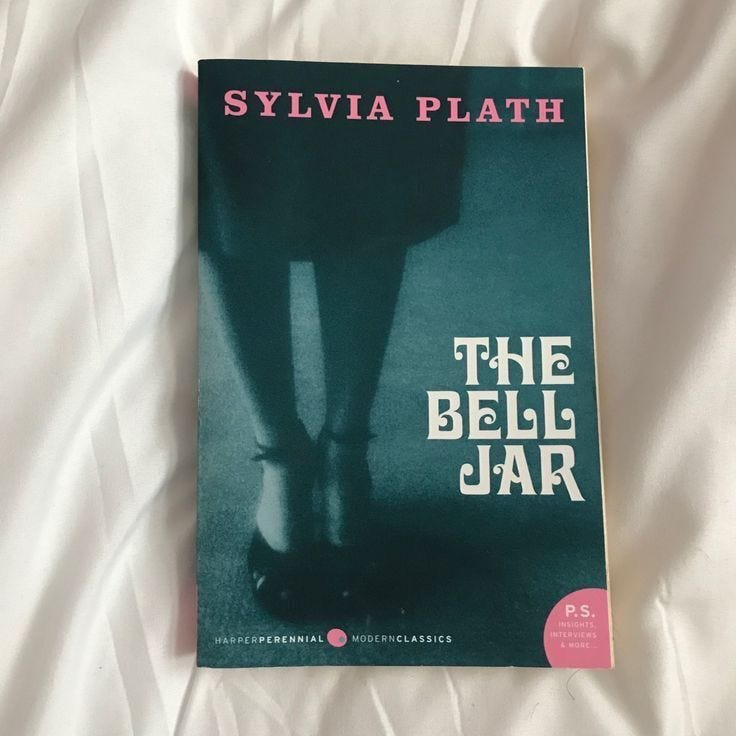You’ve most probably heard about the “Tortured Artist”. A myth according to which a real artist only produces the most pure and raw form of art when in extreme agony and pain.
But here’s the real deal.
You can reminisce about an emotional experience or trauma in your writing. But writing doesn’t necessarily mean that you have to be in pain all the time.
Writing can be therapeutic. Expressing your feelings and thoughts freely can make you feel better. There is no wrong or right way to write. It's all about self expression mixed with the craft and skills of writing. And writing is art that comes with practice. It comes with time.
Remember that writing is a craft, not an emotional phase. It doesn’t involve dark rooms and tears. It should be empowering and true.
So, embrace your voice and your own journey.
Whether joyful or painful, every experience is valuable. But suffering should not be the only thing that defines you as a writer.
We see a lot of publications that look out for this kind of work. And being able to communicate your pain through writing is good, but to only portray pain alone is not enough to make your piece good.
Now let’s look at a writer famous for portraying emotional pain and struggle through their writing.
Sylvia Plath. A famous writer which most of you would’ve heard about.
And specifically her famous book, The Bell Jar.
Reducing her significance to just "painful and struggling writing" is to overlook the complexity and brilliance of her literary craft.
If you think that only through reflecting pain in your writing, will you become popular and seen, that is completely wrong. You can reflect and relate to those experiences but to make it the star and the only reason to write is not a good idea.
Although she explored themes of pain and emotional intensity, she reflected it with myth and history. She wrote about various aspects, making the book purposeful, resonating, and more than just “pain”.
Pain may be the engine of her writing, but it definitely isn’t the destination.
In the midst of figuring out our emotions, we forget to love our story. to love the actual process of writing. And this disattachement is a big reason for “the real pain” of being a writer
“Although the world is full of suffering, it is also full of overcoming it.” — Helen Keller
By: Dawood Choudhary





love ittt